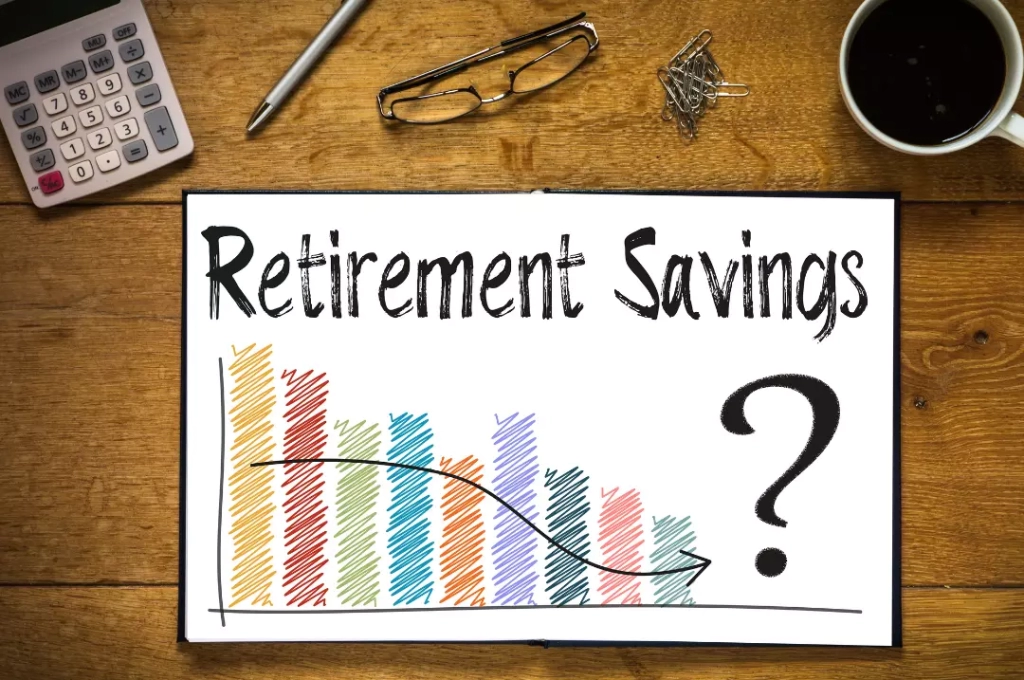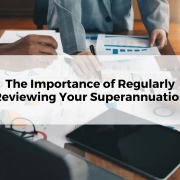What is a concessional contribution?
Table of Contents
ToggleAre you considering making a concession contribution to your retirement fund? If so, you may have heard of the term “concessional contribution” but be unsure of what it is exactly? Well, if that sounds like you then don’t worry because today we’re going to explore precisely what concessional contributions are and how they can benefit your retirement savings.
By the end of this blog post, not only should you know exactly what a concessional contribution is but also how to best leverage them for your own needs.
What is a concessional contribution and why it is important?
A concessional contribution refers to the amount of money you can contribute to your superannuation account before paying taxes. This can include your employer’s contributions, salary sacrifices, and personal contributions claimed as a tax deduction.
By making concessional contributions, you lower your taxable income and reduce the amount of tax you pay. This not only helps you save for retirement but also maximises your retirement savings by increasing your superannuation balance. As a result, it is crucial to understand the benefits of concessional contributions and how they can help you achieve your long-term financial goals.
What is an example of concessional contribution?
When it comes to contributing to your superannuation, there are two types of contributions: concessional and non-concessional. Concessional contributions are payments made before tax and are subject to a lower tax rate of 15%.
One example of a concessional contribution is salary sacrificing, where you choose to have a portion of your pre-tax salary paid directly into your super fund. By doing so, you not only reduce your taxable income but also boost your retirement savings in a tax-effective manner.
It’s important to keep in mind that there are limits on how much you can contribute each financial year, so it’s worth seeking financial advice to make the most of your superannuation.
Who is eligible for concessional contributions?
If you’re looking to make concessional contributions to your superannuation account, it’s important to know who’s actually eligible.
Essentially, anyone who is receiving an income in Australia can make concessional contributions, but there are a few other factors to consider as well. For example, if you’re under the age of 67, you can make concessional contributions regardless of whether you’re working or not. If you’re between the ages of 67 and 74, you need to meet the work test before you can make concessional contributions. And if you’re over the age of 75, unfortunately, you’re not eligible to make any concessional contributions.
Knowing your eligibility for concessional contributions can help you plan ahead and make the most of your superannuation savings.

Understanding the Concessional Contributions Caps
Concessional contributions caps can be a tricky concept to grasp, but understanding them is crucial for maximising your retirement savings. There are limits to how much money you can contribute in this way each year, and going over these caps can result in extra tax and penalties.
Generally, making extra concessional contributions is tax effective if you pay more than 15% as your marginal tax rate on earnings.
There’s a limit to how much extra you can contribute. Currently, the combined total of your employer and salary sacrificed contributions must not be more than $27,500 per financial year.
If you don’t use up the concessional contributions cap (e.g. $27,500) in a financial year, you can carry forward the unused balance to the following year. This allows you to contribute more than $27,500 in the next year.
Carry-forward concessional contributions are subject to specific rules, including:
- It only applies to the unused concessional contributions cap made from July 2018 and onwards.
- Amounts that are eligible to be carried forward will no longer be valid after a period of five years.
- If your total super balance was $500,000 or more at the end of the last financial year, you cannot carry forward concessional contributions.
By keeping an eye on your concessional contribution limits and taking advantage of all the opportunities available to you, you can set yourself up for a more comfortable retirement.
How to avoid exceeding the concessional contributions cap?
Exceeding the concessional contribution cap can result in additional expenses. To prevent this, the ATO suggests taking the following measures:
- Be aware of your super contribution cap
- Keep track of your super balance
- Monitor when your employer pays your contributions and when they are received by your fund, as they count towards your cap in the year your fund receives them.
- If you think you might exceed your concessional contributions cap for the current year, consider reducing or stopping any before-tax contributions to your super.
What are the benefits of concessional contributions?
Concessional contributions to your superannuation account may seem like a complex topic, but the benefits are significant.
- Contributions made with pre-tax income are taxed at a lower rate than your regular income tax rate. This means that the money you contribute will stretch further towards reaching your retirement goals.
- Concessional contributions are often matched by your employer, giving you an additional boost to your superannuation fund.
- Concessional contributions can help to reduce your taxable income, potentially lowering your tax bill come the end of the financial year.
It’s important to understand the ins and outs of concessional contributions to maximise the benefits for your future financial security.

Beneficial Strategies for Making the Most of Your Concessional Contributions
For those looking to maximise their retirement savings, understanding the benefits of concessional contributions is crucial. By making contributions before-tax, individuals can reduce their taxable income and potentially lower their tax bill. But it’s not just about saving money in the short-term.
Concessional contributions also provide a powerful tool for growing wealth over the long-term. To make the most of this strategy, it’s important to understand the contribution caps, consider salary sacrificing, and regularly review your investment strategy to ensure you’re on track to achieve your retirement goals.
With the right approach, concessional contributions can be a valuable and effective way to take control of your finances and secure your financial future.
How do I avoid additional tax on concessional contributions?
If you’re making concessional contributions to your superannuation account, you’re well on your way to securing your financial future. However, it’s important to be aware of the potential pitfalls that come with these contributions, particularly the 15% tax that is deducted from the contribution.
- Keep a close eye on your contribution caps, which differ depending on your age and income.
- Be mindful of any unused cap amounts from prior years, which can be carried forward to future years.
By staying on top of your concessional contribution limits, you can help ensure that your super is growing smoothly and efficiently, without any unnecessary tax bills along the way.
Is it better to make concessional or non-concessional contributions?
When it comes to contributing to your superannuation fund, there are two types of contributions that you can make: concessional or non-concessional. Concessional contributions are those made before tax, and they include employer contributions and salary sacrifice payments. Non-concessional contributions, on the other hand, are made after tax has been paid, and they come from your own personal funds.
There are benefits to both types of contributions, and the right option for you will depend on your individual circumstances. That being said, understanding the pros and cons of each can help you make an informed decision.
Why You Should Make Concessional Contributions Now Instead of Later
If you’re thinking about maximising your superannuation savings and securing your financial future, then contributing to your super is essential. Making concessional contributions sooner rather than later can help you reach your goals sooner.
- The earlier you start contributing, the higher your potential earnings will be due to the compounding effect.
- By making concessional contributions, you can reduce your taxable income, which can ultimately save you money on your taxes.
Whether you’re planning for retirement or looking to build your wealth, making concessional contributions now can help you achieve your financial objectives efficiently and effectively. Speak with a financial advisor to learn how much you should be contributing to your superannuation and how it can benefit you in the long term.

A concessional contribution is an important tool to help grow your retirement savings while still enjoying the benefits of tax deductions. Taking control of your future with multiple retirement income streams should be a priority for everyone; making competent decisions about retirement planning today will have lasting effects later on in life. If you need assistance determining how to best position yourself for retirement savings success through concessional contribution methods don’t hesitate to contact us today!









